Composition
Composition refers to the way different parts or elements are combined or arranged to form a whole. In science, composition can refer to the makeup of substances, including the types and proportions of the elements or compounds present. Understanding the composition of materials is important in various scientific fields, such as chemistry, geology, and environmental science.
Study Guide for Understanding Composition:
- Types of Composition: There are different types of composition, such as the composition of matter (elements and compounds in a substance) and the composition of mixtures (the combination of different substances).
- Chemical Composition: This refers to the types and proportions of elements that make up a compound. For example, water has a chemical composition of two hydrogen atoms and one oxygen atom (H2O).
- Physical Composition: This refers to the arrangement of particles in a substance. For example, the physical composition of sand may include grains of different minerals and rock fragments.
- Methods of Studying Composition: Scientists use various techniques to analyze the composition of substances, including spectroscopy, chromatography, and microscopy.
- Importance of Composition: Understanding the composition of materials is essential for fields such as drug development, environmental monitoring, and materials science.
By studying composition, scientists can gain insights into the properties and behavior of different substances, leading to advancements in technology, medicine, and environmental management.
[Composition] Related Worksheets and Study Guides:
.◂Science Worksheets and Study Guides Kindergarten. Weather
Coloring Worksheet Calendar
Calendar  Coloring Worksheet
Coloring Worksheet Calendar
Calendar  Coloring Worksheet
Coloring Worksheet Day and Night
Day and Night  Coloring Worksheet
Coloring Worksheet Day and Night
Day and Night  Coloring Worksheet
Coloring Worksheet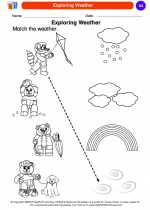 Exploring Weather
Exploring Weather  Coloring Worksheet
Coloring Worksheet Exploring Weather
Exploring Weather  Coloring Worksheet
Coloring Worksheet Look at the Clouds
Look at the Clouds  Coloring Worksheet
Coloring Worksheet Look at the Clouds
Look at the Clouds  Coloring Worksheet
Coloring Worksheet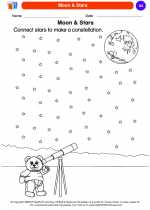 Moon & Stars
Moon & Stars  Coloring Worksheet
Coloring Worksheet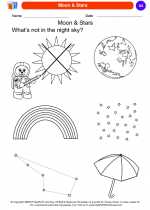 Moon & Stars
Moon & Stars  Coloring Worksheet
Coloring Worksheet Natural Events
Natural Events  Coloring Worksheet
Coloring Worksheet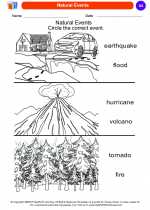 Natural Events
Natural Events  Coloring Worksheet
Coloring Worksheet Sun and Shadows
Sun and Shadows  Coloring Worksheet
Coloring Worksheet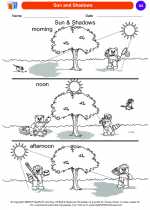 Sun and Shadows
Sun and Shadows  Coloring Worksheet
Coloring Worksheet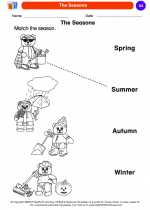 The Seasons
The Seasons  Coloring Worksheet
Coloring Worksheet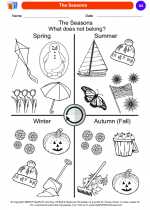 The Seasons
The Seasons  Coloring Worksheet
Coloring Worksheet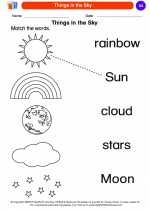 Things in the Sky
Things in the Sky  Coloring Worksheet
Coloring Worksheet Things in the Sky
Things in the Sky  Coloring Worksheet
Coloring Worksheet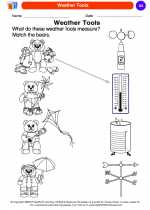 Weather Tools
Weather Tools  Coloring Worksheet
Coloring Worksheet Weather Tools
Weather Tools 

 Coloring Worksheet
Coloring Worksheet
 Coloring Worksheet
Coloring Worksheet
 Coloring Worksheet
Coloring Worksheet
 Coloring Worksheet
Coloring Worksheet
 Coloring Worksheet
Coloring Worksheet
 Coloring Worksheet
Coloring Worksheet
 Coloring Worksheet
Coloring Worksheet
 Coloring Worksheet
Coloring Worksheet
 Coloring Worksheet
Coloring Worksheet
 Coloring Worksheet
Coloring Worksheet
 Coloring Worksheet
Coloring Worksheet
 Coloring Worksheet
Coloring Worksheet
 Coloring Worksheet
Coloring Worksheet
 Coloring Worksheet
Coloring Worksheet
 Coloring Worksheet
Coloring Worksheet
 Coloring Worksheet
Coloring Worksheet
 Coloring Worksheet
Coloring Worksheet
 Coloring Worksheet
Coloring Worksheet
 Coloring Worksheet
Coloring Worksheet

The resources above cover the following skills:
EARTH AND SPACE SCIENCE (NGSS)
Earth’s Systems
Students who demonstrate understanding can:
Use and share observations of local weather conditions to describe patterns over time.